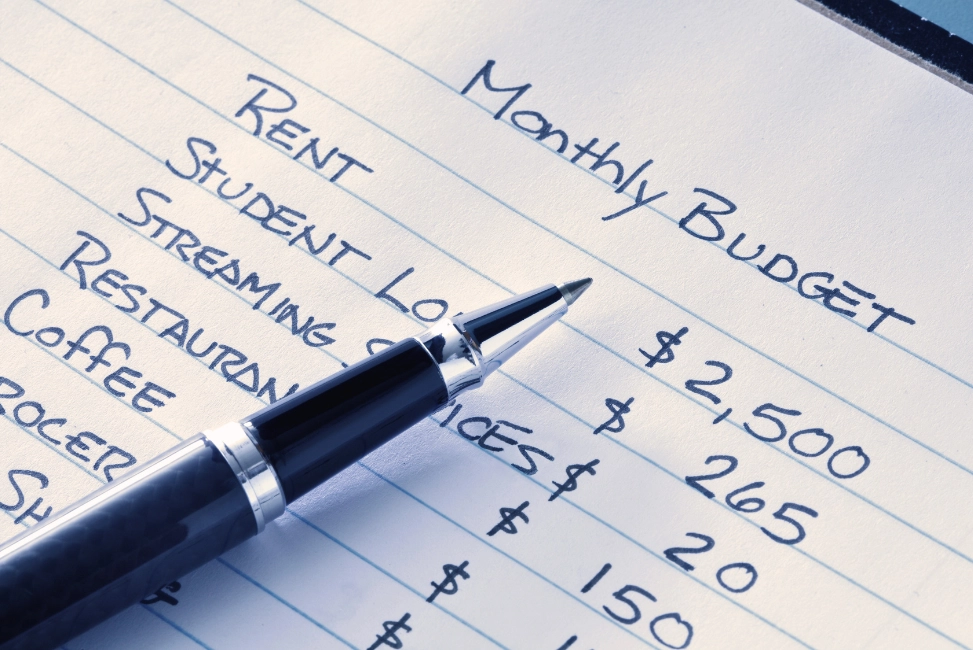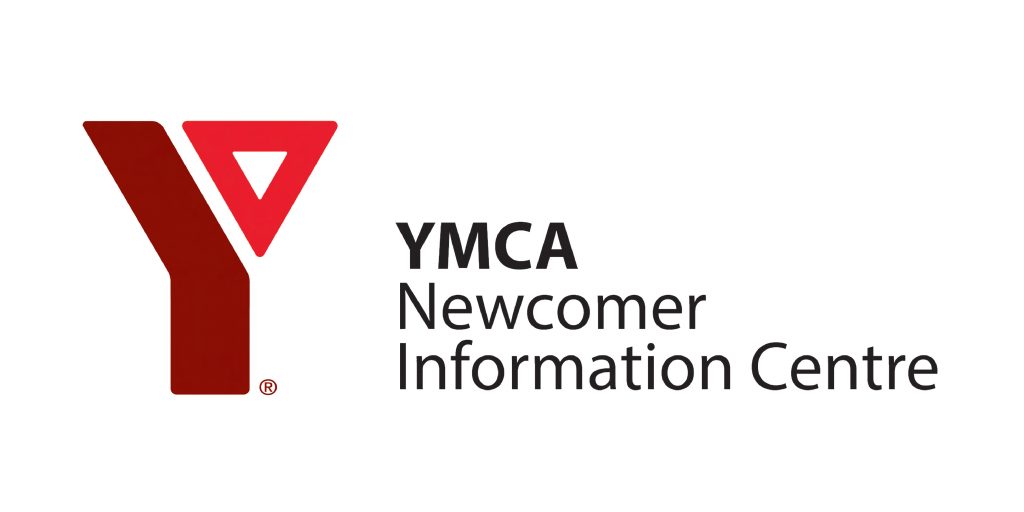Life in Canada: Improve Your Financial Literacy
November is Financial Literacy Month in Canada. This is an initiative launched by the Financial Consumer Agency of Canada (FCAC) in partnership with the Financial Literacy Action Group. Its goal is to empower Canadians with the knowledge and confidence to make informed financial decisions—from budgeting and saving to understanding credit, loans, and taxes. This November, Canadians are invited to join the $15 Stretch Challenge on social media.
For newcomers, navigating Canada’s financial system can feel challenging. Banking options, financial terminology, and regulations may be different from what you’re used to in your home country. That’s why building financial literacy is an important step toward feeling confident and securing your future.
What is Financial Literacy? According to Investopedia, financial literacy is the ability to manage your money wisely, invest effectively, and plan for a financially secure future. Good financial health means having control over your day-to-day spending while also preparing for your long-term goals
Helpful Resources to Get You Started
If you are not familiar with Canadian financial systems, here are a few resources that you can read at your own pace to help you understand financial products and the financial system in Canada.
1. Learn About Your Personal Finance Knowledge
- Financial Literacy Assessment Quiz
Test your knowledge of Canadian financial products:
https://itools-ioutils.fcac-acfc.gc.ca/FLSAT-OAELF/star-comm-eng.aspx
2. Understand Common Financial Accounts
- Learn about RRSPs, TFSAs, RESPs, and pension plans:
https://www.canada.ca/en/services/taxes/savings-and-pension-plans.html
3. Understand Credit & Borrowing
- How credit cards work:
https://www.canada.ca/en/financial-consumer-agency/services/credit-cards/credit-card-work.html - Types of loans and lines of credit in Canada:
https://www.canada.ca/en/financial-consumer-agency/services/loans.html
4. Learn Through Videos
- Financial Basics e-learning videos:
https://www.canada.ca/en/financial-consumer-agency/services/financial-basics/financial-basics-videos.html
5. Explore the Financial Services Regulatory Authority of Ontario (FSRA)
FSRA monitors companies and professionals that provide financial services. It also offers educational resources on financial products and tools to help you find certified financial planners or advisors. Their website contains educational resources on:
- Insurance (auto, home, life, health)
- Mortgage guidance & fraud prevention
- Pensions
- Credit Unions
- Loan & trust companies
- Financial planners/advisors’ directory
- Co-operative investments
6. Get guidance from the YMCA Financial Empowerment and Wellbeing Program (FEWP)
YMCA FEWP is designed to support eligible Canadian citizens and permanent residents to make informed financial decisions.
Good Financial Habits to Practice On
Here are some simple habits that can make a big difference in your financial health:

- Track your expenses. This helps you understand your spending patterns and set budget limits.
- Pay bills on time. Set reminders to help you avoid late fees and maintain a healthy credit score.
- Avoid unnecessary consumerism. You don’t need to overspend to impress others who might not care about you and fall into debt. Focus on your financial stability.
- Live within your means. Try to spend less than you earn so you can save for emergencies and long-term goals, such as retirement or paying off your mortgage. You can take on a money challenge where you spend nothing for a week on non-essential items.
- Reduce your expenses if you have debt. Making small changes, such as reducing take-out meals, limiting shopping, cancelling media subscriptions, or delaying gadget upgrades, can add up. If debt becomes overwhelming, consider consulting a reputable credit counselling agency for support.
Are you new to Canada? The YMCA Newcomer Information Centre is a welcoming place for newcomers in Toronto and Ontario to get trusted and reliable settlement information.






